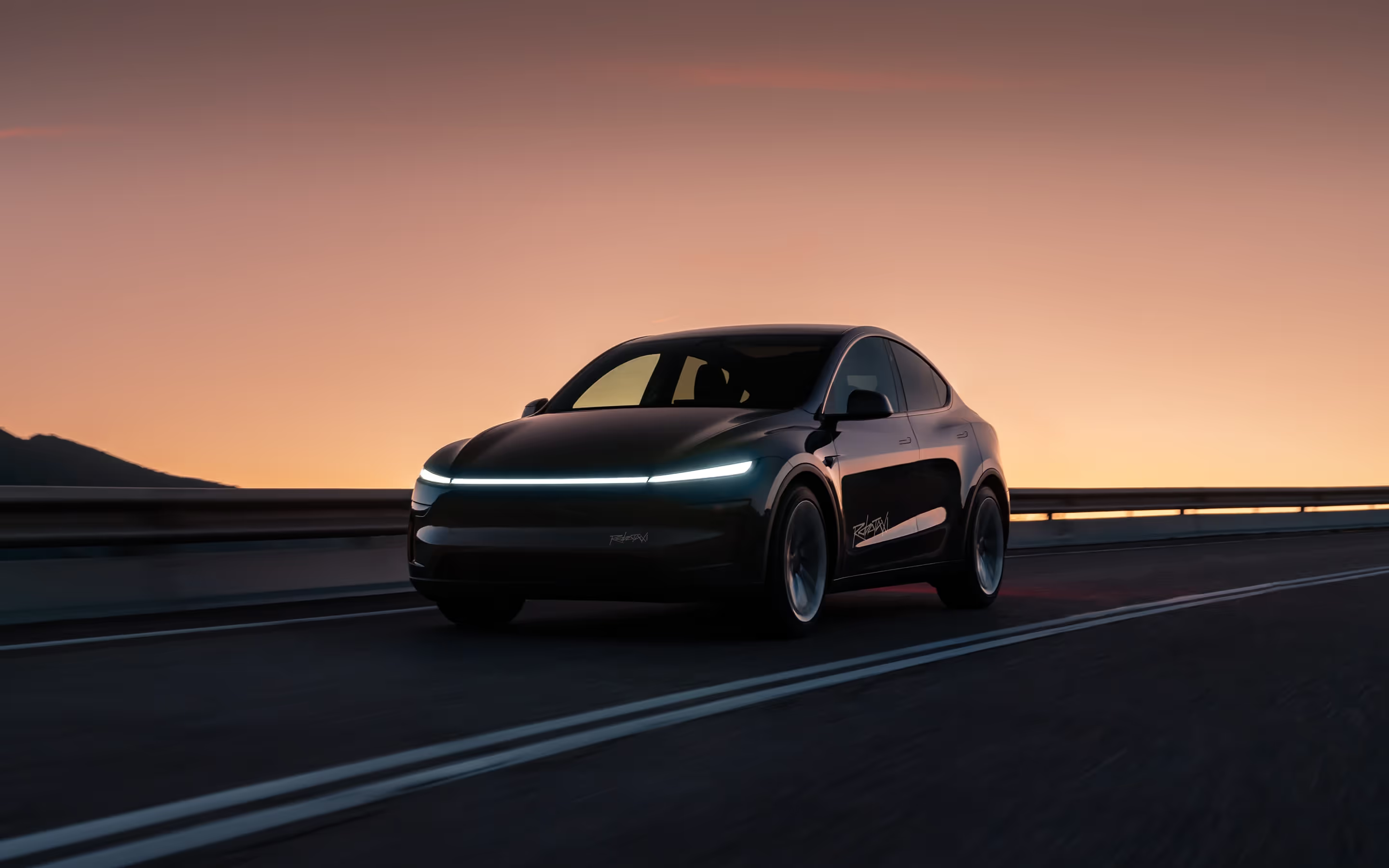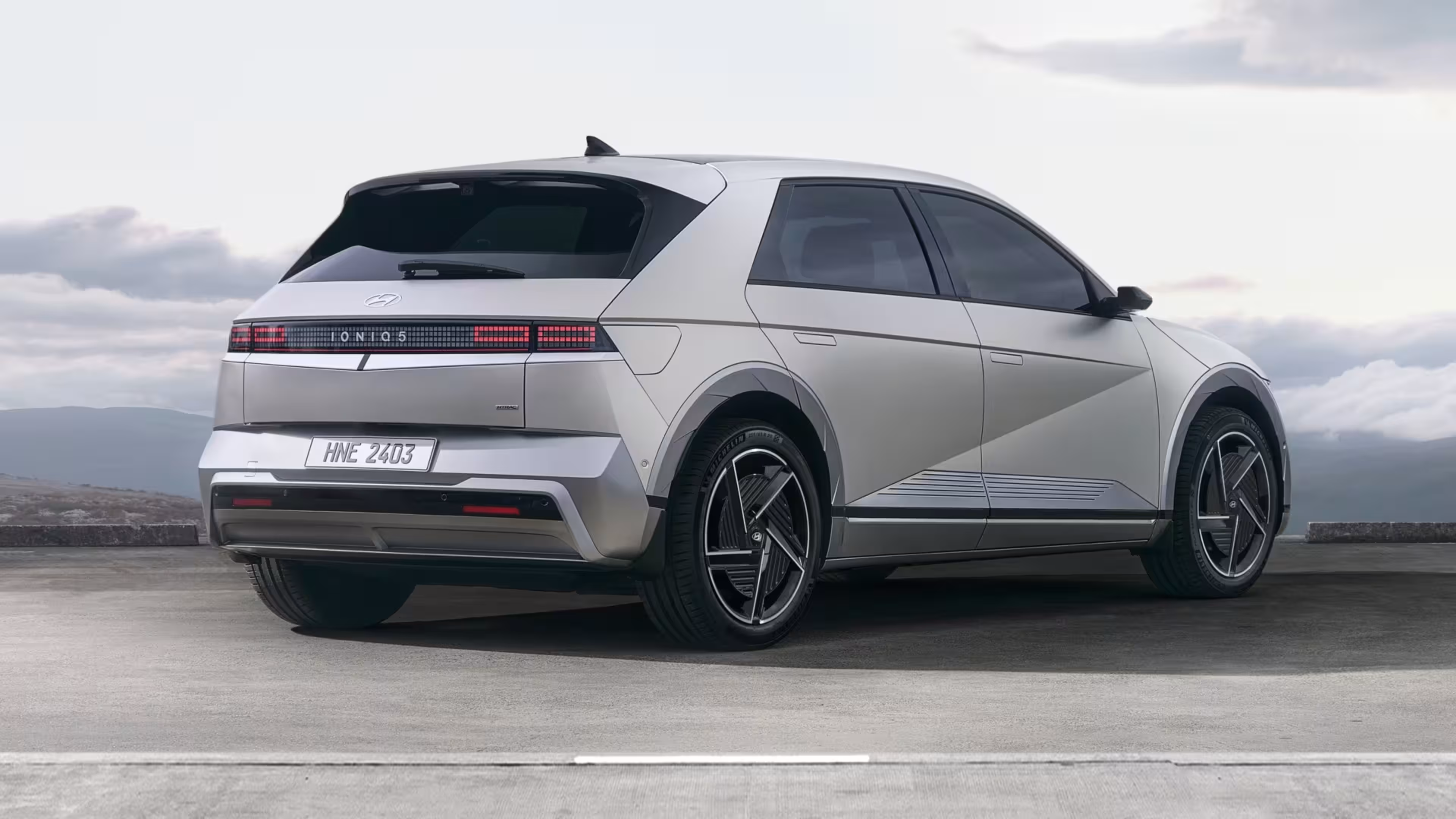It’s a fair question to ask, especially amid headlines that seem to suggest otherwise. In recent years, car subscriptions have gone from industry buzzword to boardroom experiment—and in some cases, back to the shelf. But the story is far from over. In fact, I’d argue we’re just getting started.
If you judge the future of mobility based solely on the results of early market entrants, you might conclude that subscription has lost momentum. Many of these initiatives were positioned as pilot programs or brand experience enhancers—important steps in exploring new territory, but not always integrated into the core retail strategy. But treating subscription purely as a value-add misses the broader opportunity. It’s not just about offering another access point to the product. It’s about adapting to a new consumer reality.
The economics of car ownership are fundamentally shifting. Interest rates are up, inflation is persistent, and cost-of-living pressures—particularly housing—continue to climb. For many, especially younger consumers, the idea of taking on long-term debt to finance a depreciating asset feels increasingly out of step with financial prudence. It’s no surprise, then, that growing numbers are considering alternatives.
This shift isn’t just about preference—it’s about a model that no longer works as intended. For decades, car ownership was framed as a symbol of independence and financial stability. But today, it comes with rising interest rates, inflated insurance premiums, high maintenance costs, and the burden of long-term debt. Depreciation is accelerated by fast-moving tech cycles, particularly in EVs. For younger generations, the math simply doesn’t make sense. In that context, it’s fair to call the traditional ownership model what it has quietly become: broken.
Recent data backs this up. A 2025 survey by ExtremeTerrain found that nearly half of Americans would consider subscribing to a car. Among Gen Z and Millennials, interest was even higher. These generations are demonstrating a clear preference for flexibility and predictable costs over long-term financial commitments.
For them, car subscription isn't just a different way to access a vehicle—it’s a more compatible financial model for the world they’re inheriting.
And while many OEMs have approached subscription as a short-term initiative, the private sector is telling a very different story. Companies like FINN in Germany and Splend in Australia are not just making subscription work—they’re thriving. These businesses have built successful models by focusing on execution, customer experience, and financial viability rather than hype. Unlike early experimentation in some quarters, subscription is their foundation—not a bolt-on.
We’re also seeing a new wave of OEM-led programs—launched with less fanfare but far more strategic intent. These aren’t one-off pilots aimed at press coverage. They’re integrated mobility offerings aligned with broader goals around lifecycle value, EV adoption, and digital retailing. In many cases, these programs are being developed in close partnership with dealer networks and mobility partners, reflecting a more realistic view of what scalable, sustainable subscription services should look like. This quiet evolution may prove more transformative than the first wave of high-profile trials.
Electric vehicles add another layer of complexity—and opportunity. While interest in EVs remains high, adoption is stalling just before the early majority. For many consumers, concerns around depreciation, charging infrastructure, battery longevity, and rapid tech iteration make long-term ownership feel risky. Subscription, by contrast, offers a lower-commitment path to EV access, giving drivers a way to trial the technology without locking into five-year loans or uncertain resale values. As a model, it aligns far more closely with the evolving EV lifestyle—and that alignment will only become more relevant as manufacturers push to electrify their fleets.
The influence of subscription is also spreading in more subtle but significant ways. Many leasing providers are quietly introducing shorter, more flexible lease terms—some even month-to-month—to mimic the benefits of subscription without adopting the label. This is evidence of a broader trend: the principles of car subscription are permeating the mobility ecosystem, reshaping consumer expectations and provider offerings alike.
So yes, the car subscription category may have cooled in media coverage compared to its peak hype cycle—but the underlying forces driving its growth haven’t gone anywhere. If anything, they’re accelerating.
Car subscription is inevitable not because it’s trendy, but because it’s aligned with the direction consumers—and the economy—are heading. It may not replace ownership entirely, but it will increasingly sit alongside it, offering a smarter, more adaptable alternative for the next generation of drivers.
The question isn’t whether car subscriptions are inevitable. It’s whether the industry is prepared to meet that inevitability with the seriousness it deserves.








